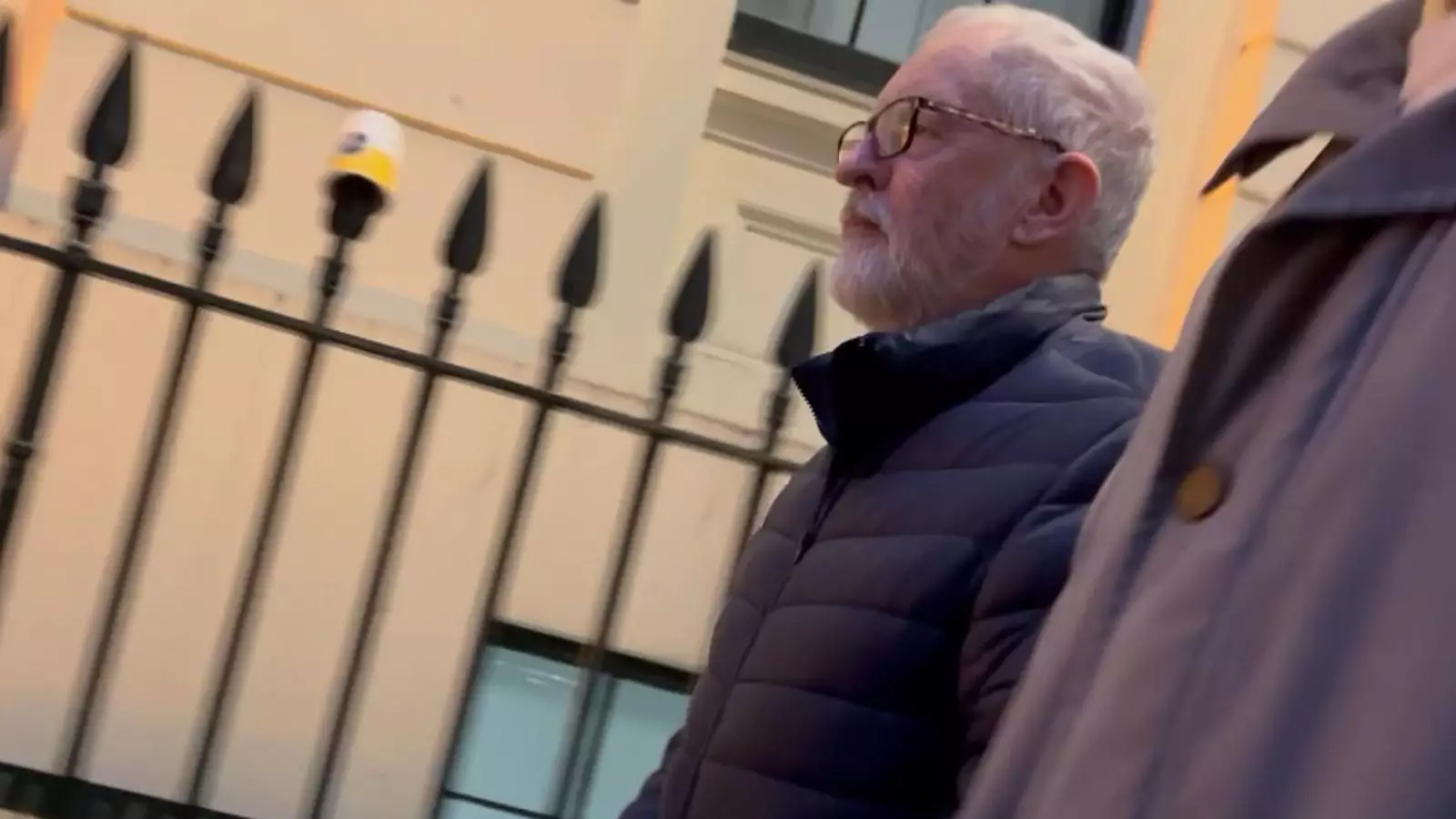Recently, a pro-Palestinian rally organized by the Palestine Solidarity Campaign (PSC) sparked significant political tension in London. The protest, which took place in the wake of a ceasefire between Israel and Hamas after a brutal 15-month war in Gaza, was meant to highlight the ongoing humanitarian crisis in the region. However, the gathering did not go as planned, culminating in the involvement of law enforcement and subsequent interviews of prominent political figures under caution.
Key Political Figures Under Investigation
Notable among those involved are Jeremy Corbyn, the former leader of the Labour Party, and John McDonnell, his long-time ally and Shadow Chancellor during Corbyn’s leadership. At 75 and 73 years old, respectively, both men have decided to be voluntarily interviewed by the police regarding their roles in the protest. They visited Charing Cross Police Station to provide their accounts. Their cooperation indicates the seriousness of the allegations surrounding the event and reflects their intent to clarify their participation amidst escalating accusations.
The police reported that nine individuals had been charged with public order offences linked to the protest, which the organizers claimed was intended to remain peaceful and static. However, police alleged that there was a deliberate attempt to breach conditions placed on the protest. These accusations have been met with fierce denial from the PSC, which claims that the police’s narrative misrepresents the events of the day.
Accusations of Police Misconduct
The PSC’s concerns extend beyond mere miscommunication. They argue that the Metropolitan Police exercised heavy-handed tactics, inhibiting citizens’ rights to protest peacefully. This is particularly significant in a democratic society where the freedoms of expression and assembly are foundational values. The alleged restrictions imposed by the police included a ban on marching towards the BBC headquarters, which organizers contested as undemocratic and unjustified.
It was proposed that the organizers intended to walk silently towards the BBC to lay flowers in memory of Palestinian children killed during the conflict. However, the police intervened, asserting the need to maintain public order. These events have raised questions about the proper balance between maintaining order and allowing for free expression, especially in emotionally charged situations like this rally.
Both Corbyn and McDonnell have publicly contradicted the police’s narrative. Corbyn has openly rejected the claim that protesters forced their way through police lines, emphasizing that their delegation aimed to peacefully commemorate lives lost in the conflict. Such statements not only challenge the police’s account but also stress the importance of accurate representation in media reports regarding protests.
McDonnell echoed Corbyn’s sentiments, aligning their intent to memorialize with the peaceful nature of their actions. Such consistency amongst these political figures raises questions about the reliability of police accounts in protest situations and highlights the challenges faced by public figures in trying to navigate their circumstances amid competing narratives.
As both Corbyn and McDonnell sit as independent MPs following divisions within the Labour Party regarding their leadership and past controversies, this incident further complicates their political standing. Corbyn’s history with the party, including his suspension over an antisemitism controversy, adds another layer of complexity to public perception.
The outcome of this situation could have broader implications for political accountability in the UK, particularly regarding how protests are managed and perceived by both the police and the public. As events unfold, there will likely be increased scrutiny not only on the actions of the police but also on the narratives constructed by political figures involved in these protests.
It remains essential for democratic societies to protect the rights of citizens to assemble and express their views while ensuring public order. The discourse surrounding this recent protest will likely shape future protests and actions taken by authorities in attempts to manage such complex and sensitive topics effectively.


Leave a Reply